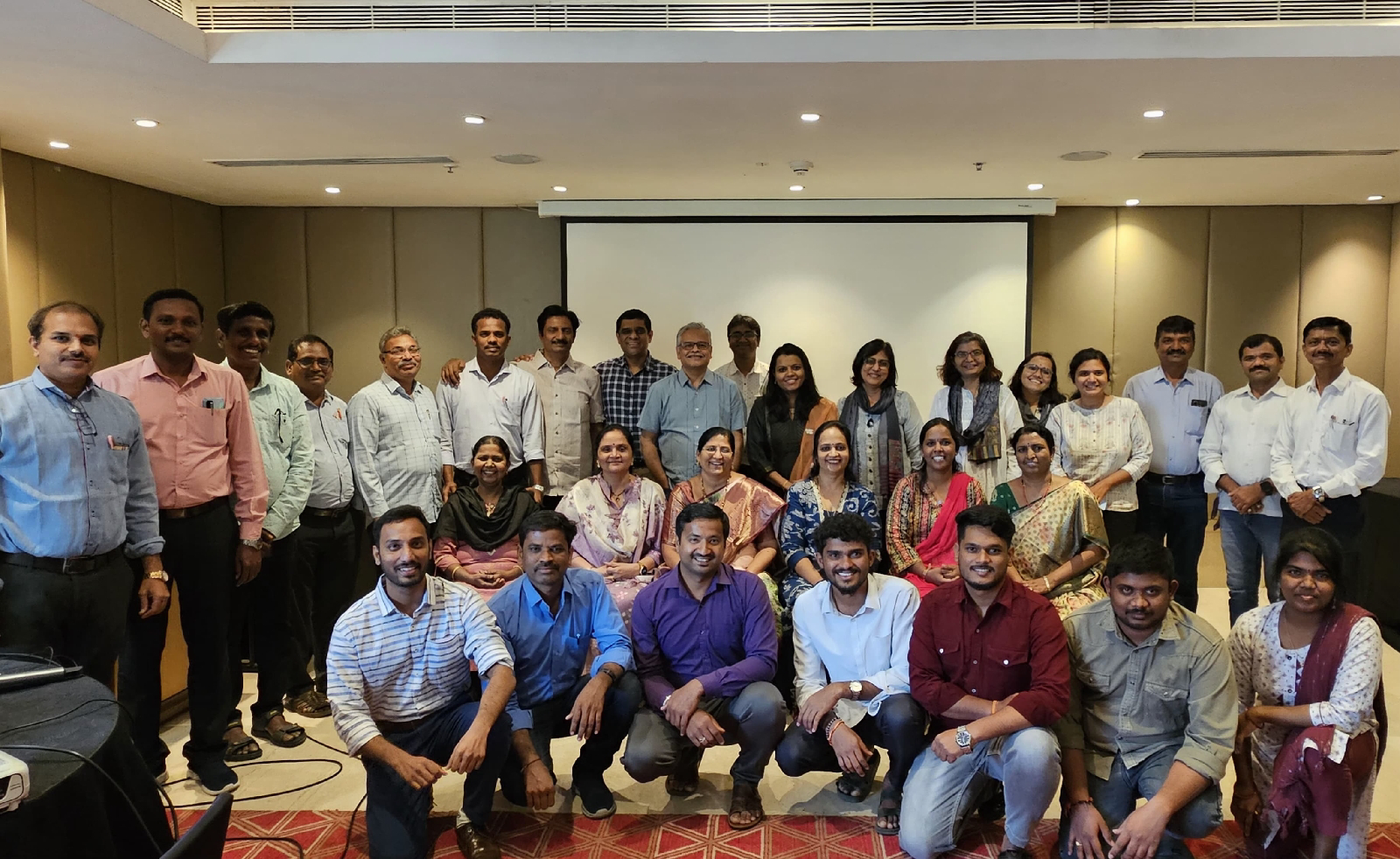How AI impacts the future jobs and Economy
AI is already transforming industries, and in the next five years, its impact on jobs will be even more significant. Some jobs will decline, new ones will emerge, and different countries will experience gains or losses based on how well they adapt to AI-driven changes.
Jobs That Will Decline (Collapse)
AI will replace roles that involve repetitive tasks, pattern recognition, and data processing. Key areas of decline include:
1. Customer Support (Basic Queries) – AI chatbots and virtual assistants will handle most customer inquiries.
2. Data Entry & Clerical Work – Automation will eliminate the need for manual data entry.
3. Manufacturing & Assembly Line Jobs – AI-powered robots will replace human workers in factories.
4. Retail Cashiers – Self-checkout systems and cashier-less stores (like Amazon Go) will reduce cashier jobs.
5. Basic Graphic Design & Content Writing – AI tools like Midjourney and ChatGPT will automate simple creative tasks.
6. Telemarketing & Sales Calls – AI-driven voice assistants will take over cold calling and sales pitches.
7. Truck & Delivery Drivers – Autonomous vehicles may reduce the demand for human drivers, especially in logistics.
New Jobs That Will Be Created
While AI will replace some jobs, it will also create new opportunities in various fields:
1. AI Ethics & Policy Experts – To regulate AI and ensure responsible usage.
2. AI Trainers & Prompt Engineers – People who train AI models and refine prompts for better AI outputs.
3. AI-Assisted Healthcare Professionals – Radiologists, surgeons, and diagnosticians working alongside AI tools.
4. AI Cybersecurity Analysts – To prevent AI-driven cyber threats.
5. Data Scientists & AI Engineers – Increasing demand for AI model developers and analysts.
6. Human-AI Collaboration Specialists – Experts who bridge the gap between AI and human workforces.
7. Sustainability & Climate Tech Experts – AI will drive green energy and climate solutions, creating jobs in these sectors.
8. Metaverse & Virtual Reality Designers – With AI creating immersive digital environments, VR and AR designers will be in demand.
9. AI-Powered Content Creators – Human curators who refine AI-generated content for branding, marketing, and storytelling.
10. AI Maintenance & Robotics Engineers – Jobs related to repairing and maintaining AI-driven machinery.
Countries That Will Benefit from AI
Countries with strong AI development, digital infrastructure, and policies supporting AI integration will gain the most. These include:
1. United States – Leading in AI research, development, and investment.
2. China – Rapidly expanding AI applications in industries, healthcare, and military.
3. Germany – Strong in AI-driven manufacturing and automation.
4. Japan – Advances in robotics and AI-driven aging population solutions.
5. India – Rising in AI talent, IT services, and AI-powered startups.
6. South Korea – AI in semiconductor manufacturing and smart cities.
7. United Kingdom & Canada – AI research hubs and ethical AI development leaders.
Countries That Will Lose Due to AI
Nations that rely heavily on low-skill labor and have slow AI adoption will face economic challenges:
1. Developing Countries with Low AI Adoption – Nations in Africa, parts of Latin America, and Southeast Asia may struggle if they don’t upskill their workforce.
2. Oil-Dependent Economies – AI-driven energy efficiency and green technology may reduce the demand for oil, impacting countries like Venezuela, Nigeria, and parts of the Middle East.
3. Manufacturing Hubs with Slow Automation – Countries like Bangladesh, Vietnam, and Indonesia may face declines in low-cost manufacturing jobs if automation rises rapidly.
Conclusion
AI will not just replace jobs but will shift human roles toward creative, strategic, and technical tasks. Countries and industries that embrace AI will thrive, while those resisting change may struggle. The key to survival is adaptation—upskilling workers, integrating AI with hu



Comments
Post a Comment